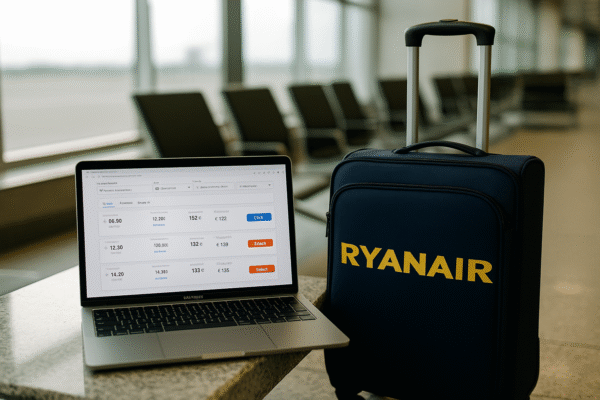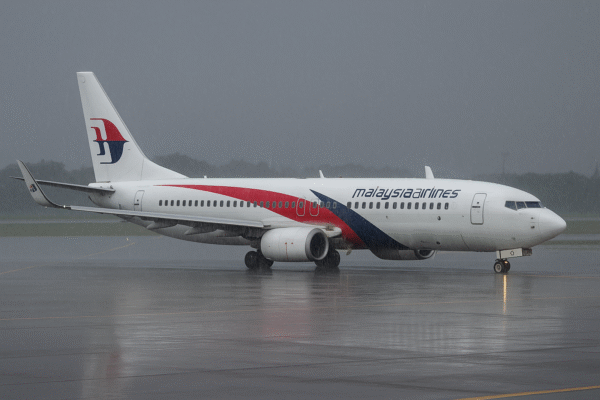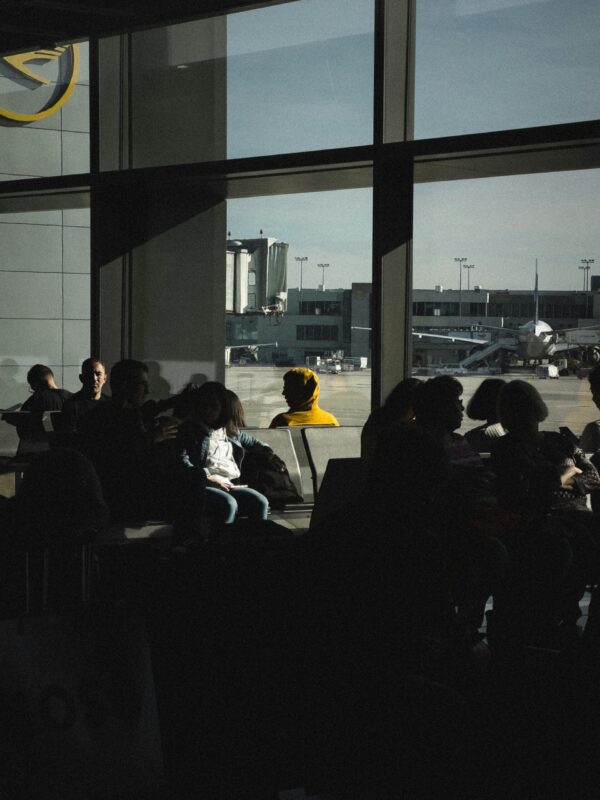On July 17, 2025, FlightAware tracked an unprecedented 26,000+ global flight delays and nearly 700 cancellations in just 24 hours. In the U.S. alone, carriers logged 4,487 delays and 305 cancellations, highlighting intense pressure on North American air travel networks.
Carrier Performance Under Pressure
Major U.S. airlines led the delay reports:
- American Airlines: over 730 flights delayed
- Delta Air Lines: 596 delays
- United Airlines: 401 delays
Regional operators—PSA Airlines, Endeavor Air, and Republic Airlines—each faced more than 100 delays. International carriers such as China Eastern and Spring Airlines experienced delay rates exceeding 30%, adding to global congestion.
Airport Bottlenecks
East Coast hubs reported the highest disruption rates:
- Reagan National (DCA): 93 delays, 29 cancellations (~30% disruption)
- LaGuardia, JFK & Newark Liberty: each with 200+ delays
- Toronto Pearson (YYZ): nearly 100 delays
West Coast airports were also affected, with Seattle-Tacoma (SEA) and San Francisco International (SFO) each recording over 100 delays, underscoring coast-to-coast travel snarls.
Cancellations Impact Major Corridors
Cancellations disrupted key routes:
- American Airlines: 44 cancellations
- Delta Air Lines: 37 cancellations
Affected flights included high-traffic domestic corridors and international services to London Heathrow and Toronto Pearson, leaving many travelers stranded or facing costly rebookings.
Why Disruptions Are Escalating
A “perfect storm” of factors is driving the chaos:
- Staff Shortages: Persistent gaps in pilots, ground crews, and air traffic controllers.
- Weather Extremes: Summer thunderstorms on the East Coast and wildfire smoke in Canada causing ground holds.
- Air Traffic Congestion: Peak-season demand has overwhelmed airspace capacity.
- Aging Infrastructure: Outdated runways and terminals struggle to handle modern traffic loads.
- Aggressive Scheduling: Packed summer timetables leave little room for delays.
The International Air Transport Association (IATA) forecasts 5.2 billion air passengers in 2025, a 6.7% rise over 2024, further straining systems. Meanwhile, backlogs of undelivered aircraft delay fleet renewals and reliability improvements.
European ATC Strikes Expose Systemic Risks
A two-day strike by French air traffic controllers in early July grounded over 3,700 flights and canceled 1,400 daily across Europe, revealing vulnerabilities in international air traffic management.
Traveler Strategies and Industry Responses
North American flyers are adapting:
- Book Early Morning & Nonstop Flights to reduce delay risk.
- Use Flight-Tracking Apps like FlightAware’s MiseryMap for live updates.
- Purchase Travel Insurance, with delay-related claims climbing 38% year-over-year.
- Choose Flexible Fares and leverage loyalty perks for priority rebooking and lounge access.
Airlines such as Delta and United have trimmed schedules to introduce operational buffers, and customer-service teams are being reinforced to handle surges in rebooking requests.
Tourism Sector Repercussions
Hotel data from SiteMinder shows U.S. summer bookings for June–August 2025 down 6.7% year-over-year, as travelers postpone plans amid uncertainty. Extended-stay properties also report occupancy declines, signaling a shift toward shorter, more agile travel.
Infrastructure Investments and the Road Ahead
Airports like JFK and Toronto Pearson have launched runway expansions and gate modernizations—projects slated for completion in 2026 or later. Airlines must now balance capacity planning with sustainability investments and stronger passenger protections to rebuild trust.
With air travel resilience at a tipping point, travelers must plan meticulously, remain flexible, and advocate for improved industry practices. The summer of 2025 has underscored that in an era of soaring demand and climate-driven weather extremes, adaptability will define the journey ahead.
Read more travel alerts- follow Global Travel Wire.



















